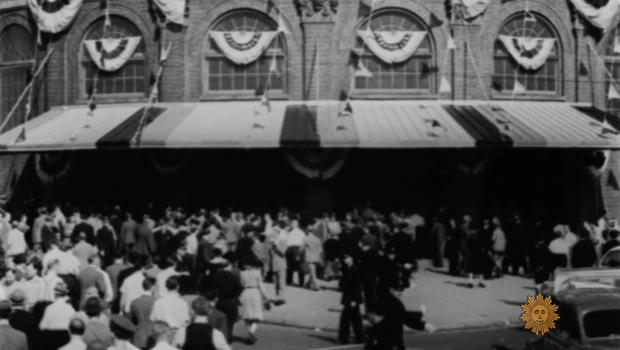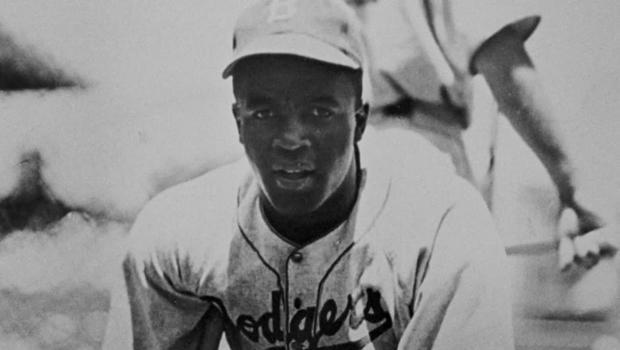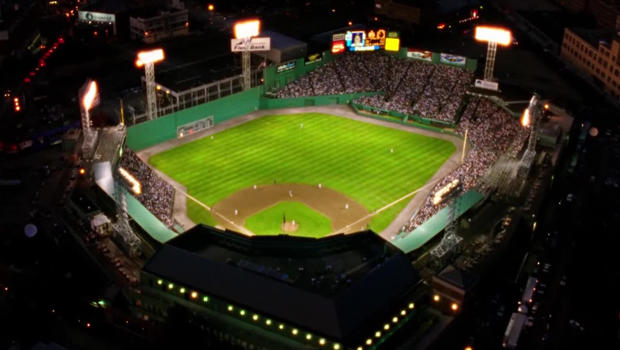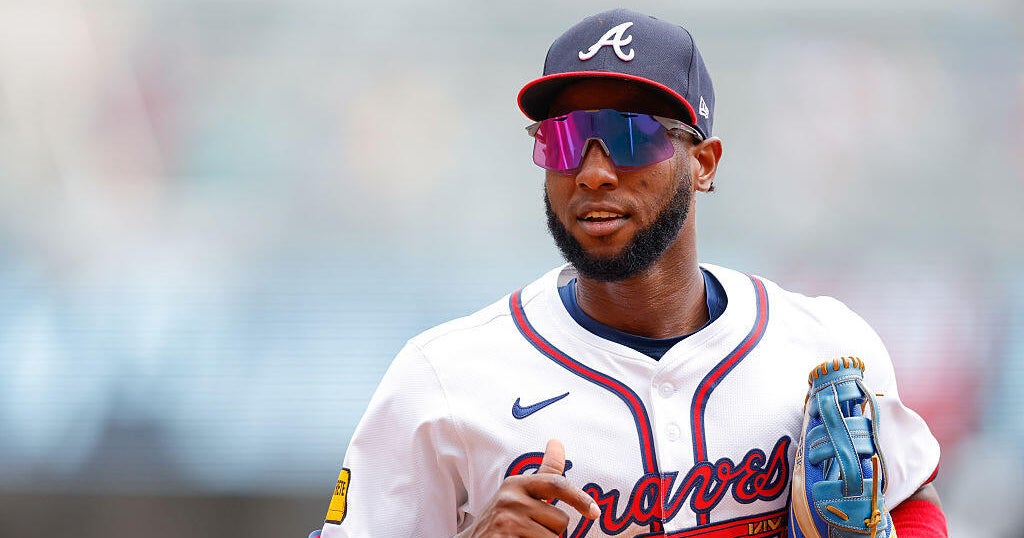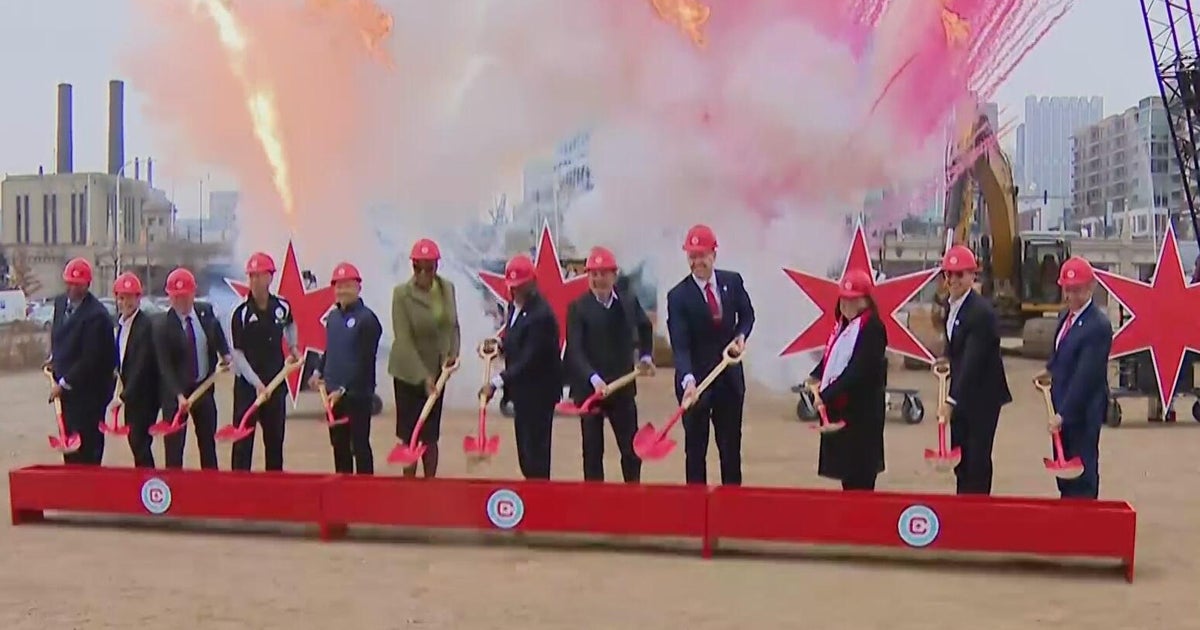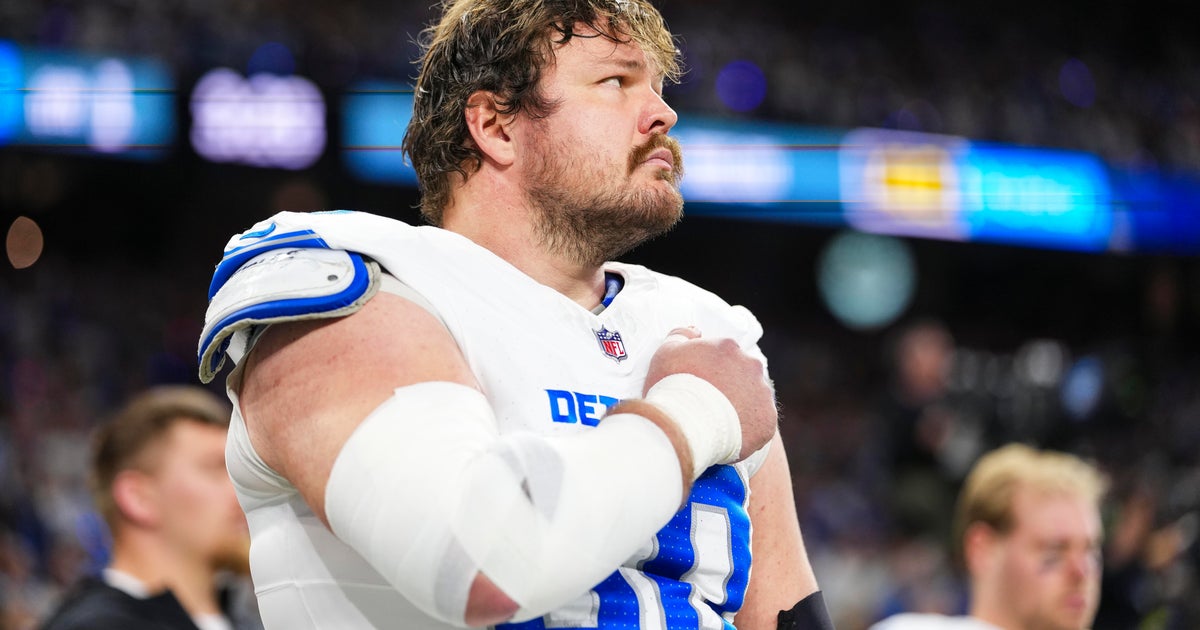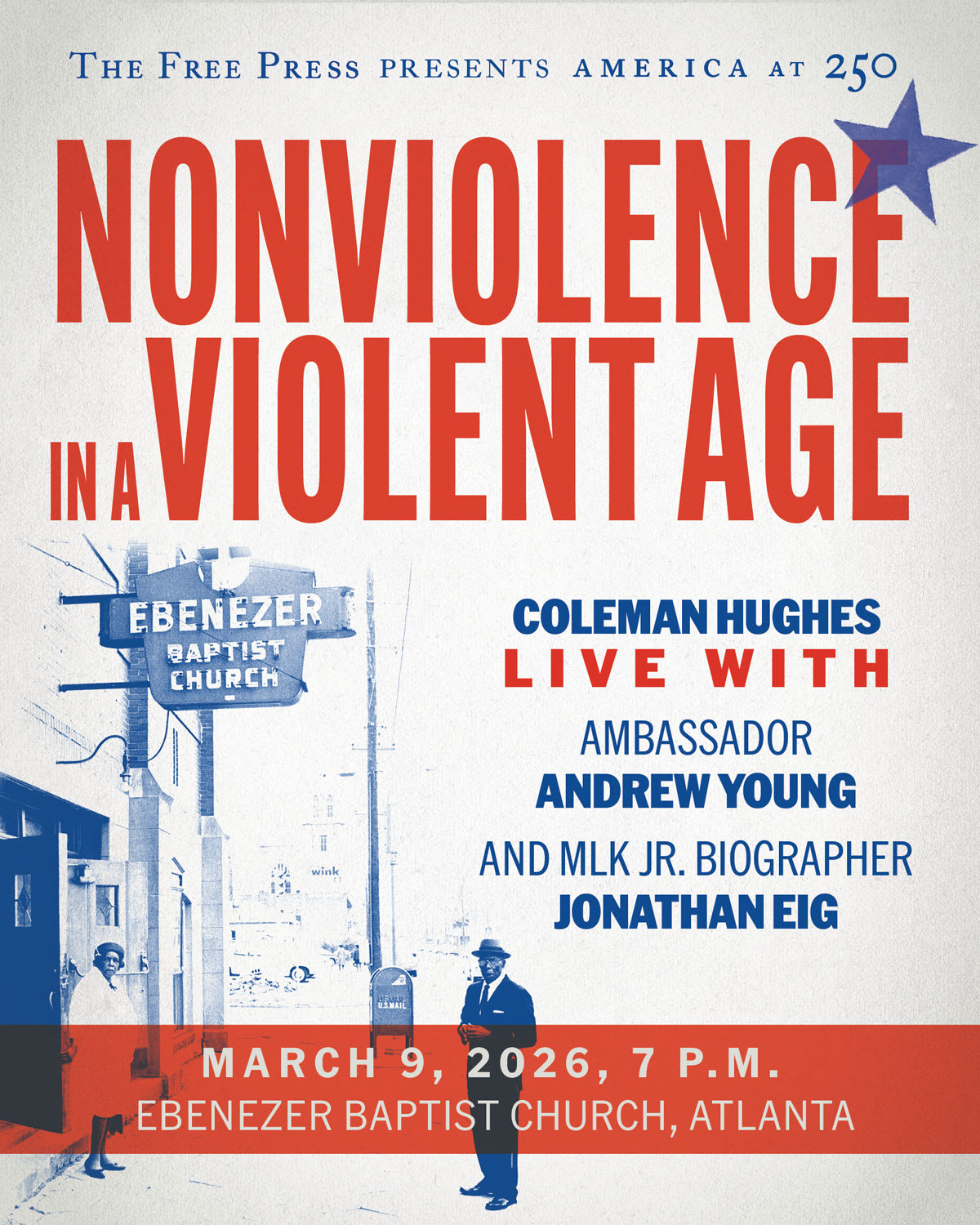Ken Burns: "Baseball is a mirror of our country"
This is Ebbets Field in the Flatbush neighborhood of Brooklyn in New York City on April 15, 1947. It's opening day, and more than 26,000 fans have turned out to see first baseman, number 42, Jack Roosevelt Robinson, in his debut game for the Brooklyn Dodgers.
Eight hundred miles away at Morehouse College in Atlanta, Georgia, a young student there eagerly follows as Robinson makes American social history that day, breaking the racial barrier in major league baseball and paving the way for the future civil rights movement. That student's name is Martin Luther King, Jr.
The first real progress in civil rights since the Civil War took place not at a lunch counter in Greensboro, North Carolina; not on a bus in Montgomery, Alabama; not in a barracks of our military; not in schools in Topeka, Kansas … but on a baseball diamond in Brooklyn, New York.
Historian John Thorn sums it up perfectly in this clip from our 1994 series, "Baseball": "For me, baseball's finest moment is the day Jackie Robinson set foot on a major league field for the first time, in 1947. I'm most proud to be an American, most proud to be a baseball fan, when baseball has led America rather than followed it."
Baseball is a mirror of our country, in all its complexity. Since the Civil War, baseball has been a constant, a through-line, a microcosm of larger events happening off the field.
The history of baseball is the story of immigration, the exclusion of women, the struggles between labor and management, and, of course, race.
And it's helped us through some of our darkest times. During World War II, FDR refused to cancel baseball because he felt it necessary. After 9/11, to the shock of many, baseball started up again the following Monday – and across the country, stadiums were full of "I 💗New York" signs.
Today, as we face an unprecedented crisis and consider how to move forward, we long for baseball to return, to pull us together as it has in the past, to restore a sense of normality and routine. But that's not what this moment is asking of us.
Now – once again – baseball has the opportunity to lead rather than follow, to guide us in prioritizing health and safety, sacrificing individual freedom for the collective good. We will remember this season, regardless of how it unfolds, not just because of the lack of our game, but because of what we have been asked to do: to stay home together.
And when this is behind us, I'll be at Fenway with my daughters, waiting to hear those two glorious words: "Play ball!"
Ken Burns is the Emmy-winning and Oscar-nominated producer-director of such documentary films and miniseries as "The Civil War," "The National Parks: America's Best Idea," "The Statue of Liberty," "Jazz," and "Baseball."
See also:
- MLB announces 60-game season, to begin at end of July (CBS News)
- How MLB plans to handle positive COVID-19 tests (CBS Sports)
- Which team is best positioned for a Cinderella run in 60-game season? (CBS Sports)
For more info:
- kenburns.com
- "Baseball" (1994) by Ken Burns, on pbs.org
- UNUM Ken Burns
- Follow Ken Burns on Twitter and Facebook
- Major League Baseball (Official site)
Executive Producers: Ken Burns, Don MacKinnon, Sarah Botstein
Producer: Megan Ruffe
Editor & Associate Producer: Clark Burnett
Camera Operator: Caleb Garcia
Colorist: Christopher Loren Ewers
Re-Recording Mixer: Chris Chae
Graphics: Brian Lee
Financial Management: Jen Fabis
Legal Services: Drew Patrick, Michael McCormack
The Better Angels Society: Amy Margerum Berg, President; Courtney Chapin, Executive Director
DKC Public Relations: Joe DePlasco, Chris Pigott, Lancy Downs
Music: "Noe Noe" By Blue Dot Sessions
Photos: Atlanta University Center Robert W. Woodruff Library, Getty Images
Footage: Florentine Films
Special Thanks: Stephanie Jenkins, Cauley Powell, Mike Welt, Dan White
Funding provided by David Rubenstein in partnership with the Better Angels Society
